Visiting professors
In addition, by actively partaking in group meetings these visiting professors provide input to ongoing projects, which may lead to joined research projects and exchange of master and PhD students. Additionally they help in establishing an international, critical yet positive atmosphere, underpinning the importance of high-level research, critical thinking and collaboration.
Dr Ali Can Kizilkaya (2023)
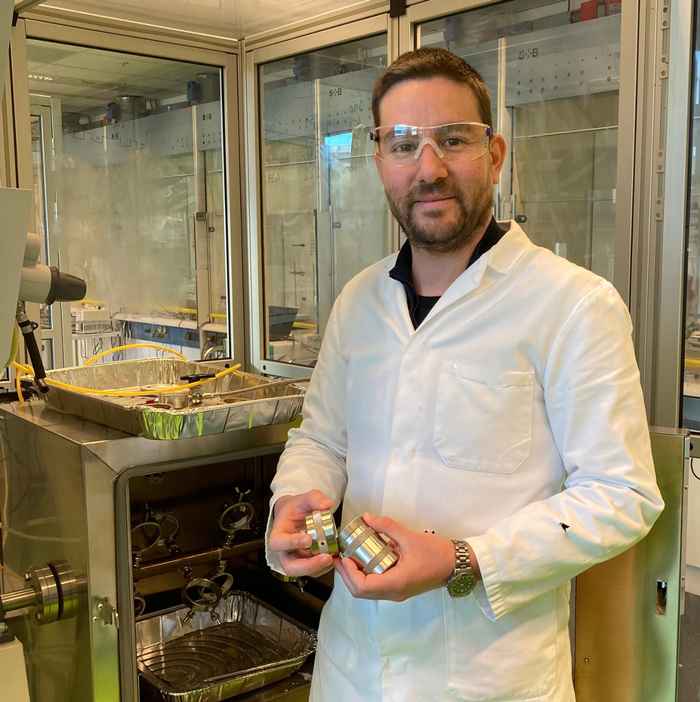
Dr Ali Can Kizilkaya obtained his PhD from Eindhoven University of Technology (2014). He worked in industrial R&D until 2017 when he was appointed Assistant Professor at the Department of Chemical Engineering, at the Izmir Institute of Technology (Izmir, Türkiye). In 2018 he was appointed as Vice Chairman of the Department of Chemical Engineering. His research focuses on catalysis and combines lab experiments and molecular simulations. He has worked, amongst others, on selective catalysts for fuel production from synthesis gas (Fischer-Tropsch Synthesis), determination of the relationships between chemical structure and catalytic properties of heterogeneous catalysts, and quantum chemical and kinetic modeling of reaction mechanisms. As a visiting professor at the RPA Sustainable Chemistry, he contributes to an interdisciplinary team in the “complexity in catalysis” theme that aims to shed new light on the zeolite formation process using advanced computational and experimental methods.
Prof. Vitaly Gitis (2019)
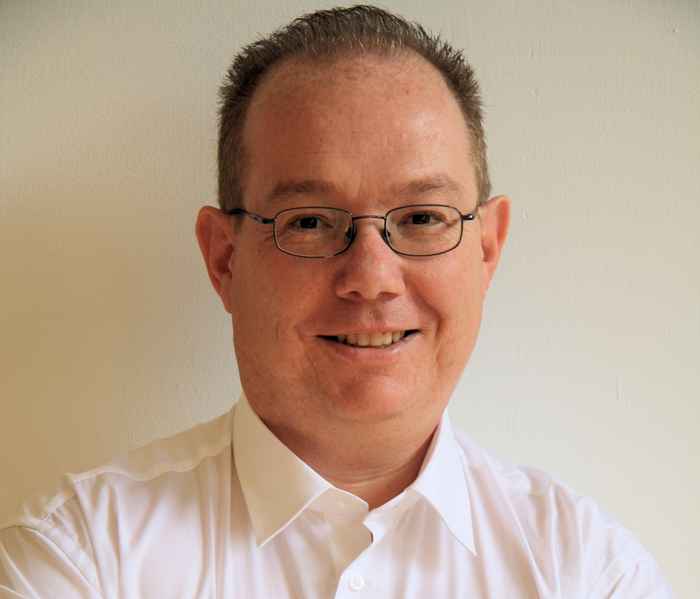
Vitaly Gitis, who is faculty at the Ben-Gurion University of the Negev in Israel, is an experienced chemical and environmental engineering professor. His expertise is in area of separation processes and in colloidal chemistry. He has a long ongoing research cooperation with the group of heterogeneous catalysis sustainable chemistry (HCSC) group at UvA. As a SusChem Visiting Professor, he discussed modelling of formation of inorganic structures, and especially the formation of zeolites, with the groups of heterogeneous catalysis (HCSC) and computational chemistry (COMP). This visit has led to the setting up of a large joint project, involving several staff and students at both universities.
Prof. Makoto Fujita (2017/18)
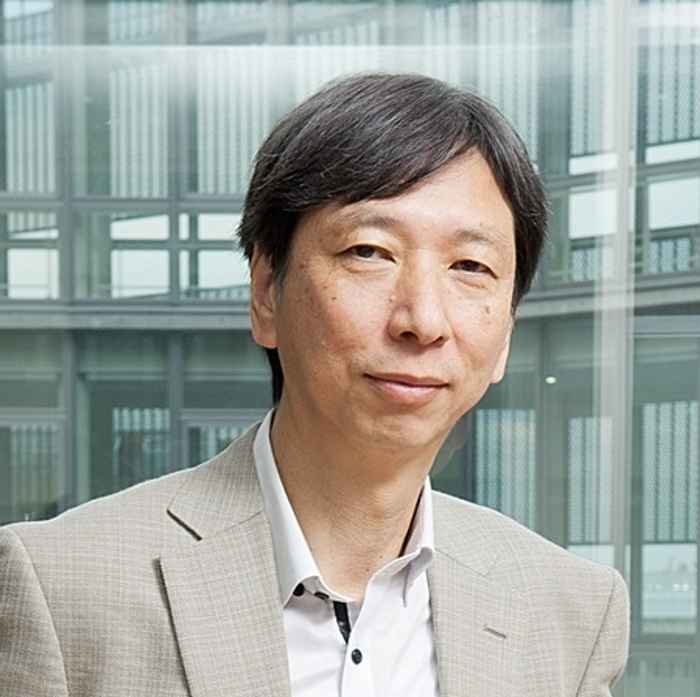
Makoto Fujita is an expert in the area of Supramolecular Chemistry as he pioneered the "metal-guided synthesis" of supramolecular structures. Such strategies enable the formation of large molecular structures that are not accessible by traditional synthesis. Importantly, these large structures can also have new functions, and as such his work currently contributes significantly to the field of functional materials. As a visiting professor of Suschem he has regular discussions with the supramolecular catalysis groups and he has contributed to teaching of the master in chemistry.
Prof. Tomoki Ogoshi (2017)
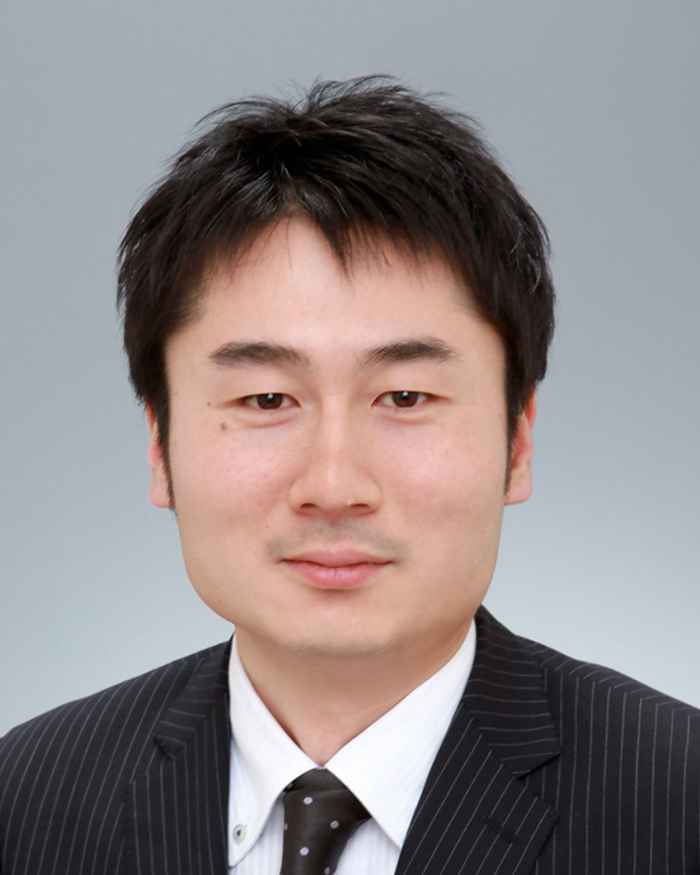
Prof. Tomoki Ogoshi from the University of Kanazawa, Japan, is visiting professor in the HIMS Molecular Photonics group with support from the Japan Society for the Promotion of Science. His expertise is in supramolecular and organic chemistry. The research in Ogoshi’s group is focused on synthesis of new pillar-shaped macrocyclic compounds “pillar[n]arenes” and functionalization of pillar[n]arenes. His research recently moved on to the construction of well-defined supramolecular assemblies and bulk materials for adsorption materials using pillar[n]arenes.
Prof. Silas Cook (2016)
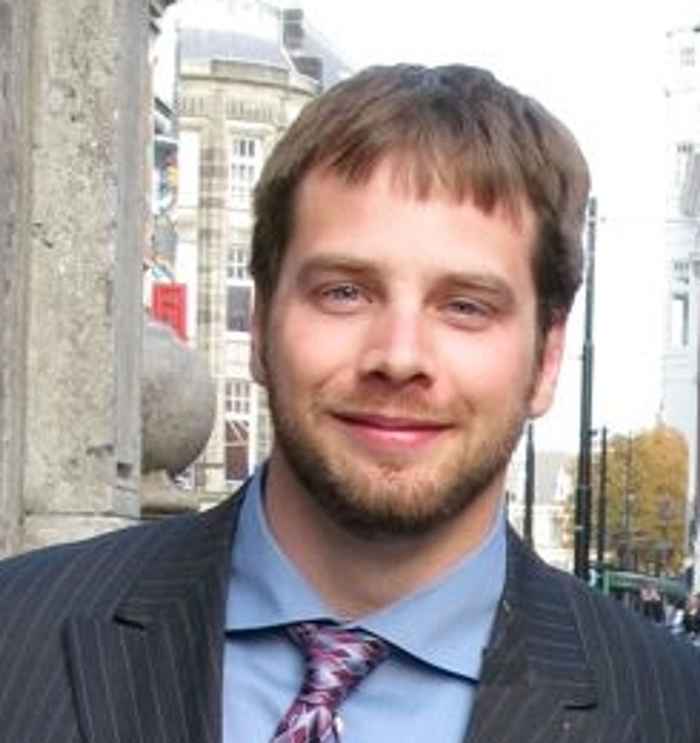
Expertise in organic chemistry (total synthesis) and green chemistry through catalysis. The catalysis research in the Cook Group encompasses a range of "green" metals and non-metals. Research into the reactivity of bismuth, hypervalent iodine, iron and cobalt seeks to discover complementary reactivity to other well explored systems.
Prof. Marilena (Ferbinteanu) Cimpoesu (2016)
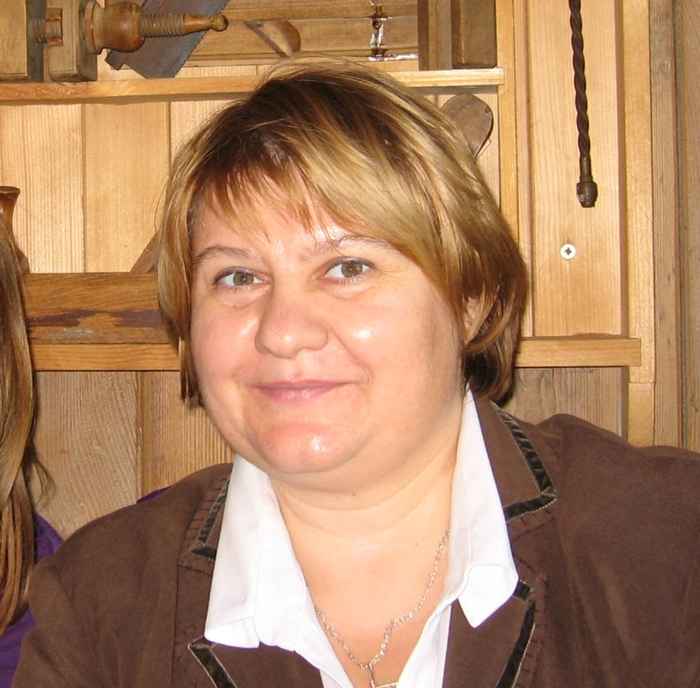
Expertise in coordination chemistry and inorganic materials. The research in Cimpoesu’s group is focused on structure-property correlations for lanthanide based materials. This includes state-of-the art multi-configuration analysis on realistic molecular compounds, explaining and predicting exchange coupling interactions, magnetic anisotropy features and optical properties. Collaboration with the SusChem team focuses on the the modelling of the optical properties of lanthanide-based metal-organic frameworks to tackle the challenge of understanding and predicting the sensing mechanism of these materials.
Prof. Ken Caulton (2014)
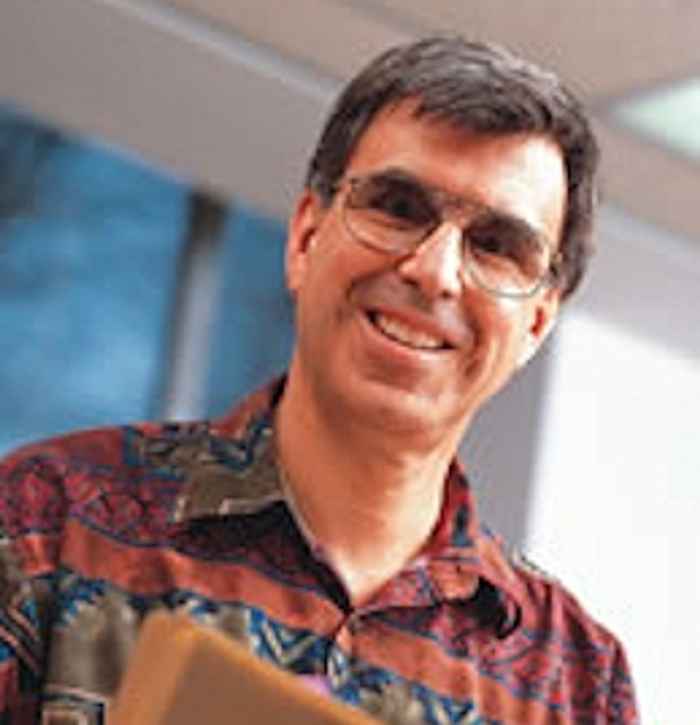
Expertise in coordination chemistry, catalysis, small molecule activation, focussing on complexes in unusual spin and oxidation states. Overlap of the research performed in the Caulton group with ongoing research in the SusChem group for Homogeneous, Supramolecular and Bio-inspired Catalysis is in particular on the use of redox active ligands in catalysis.